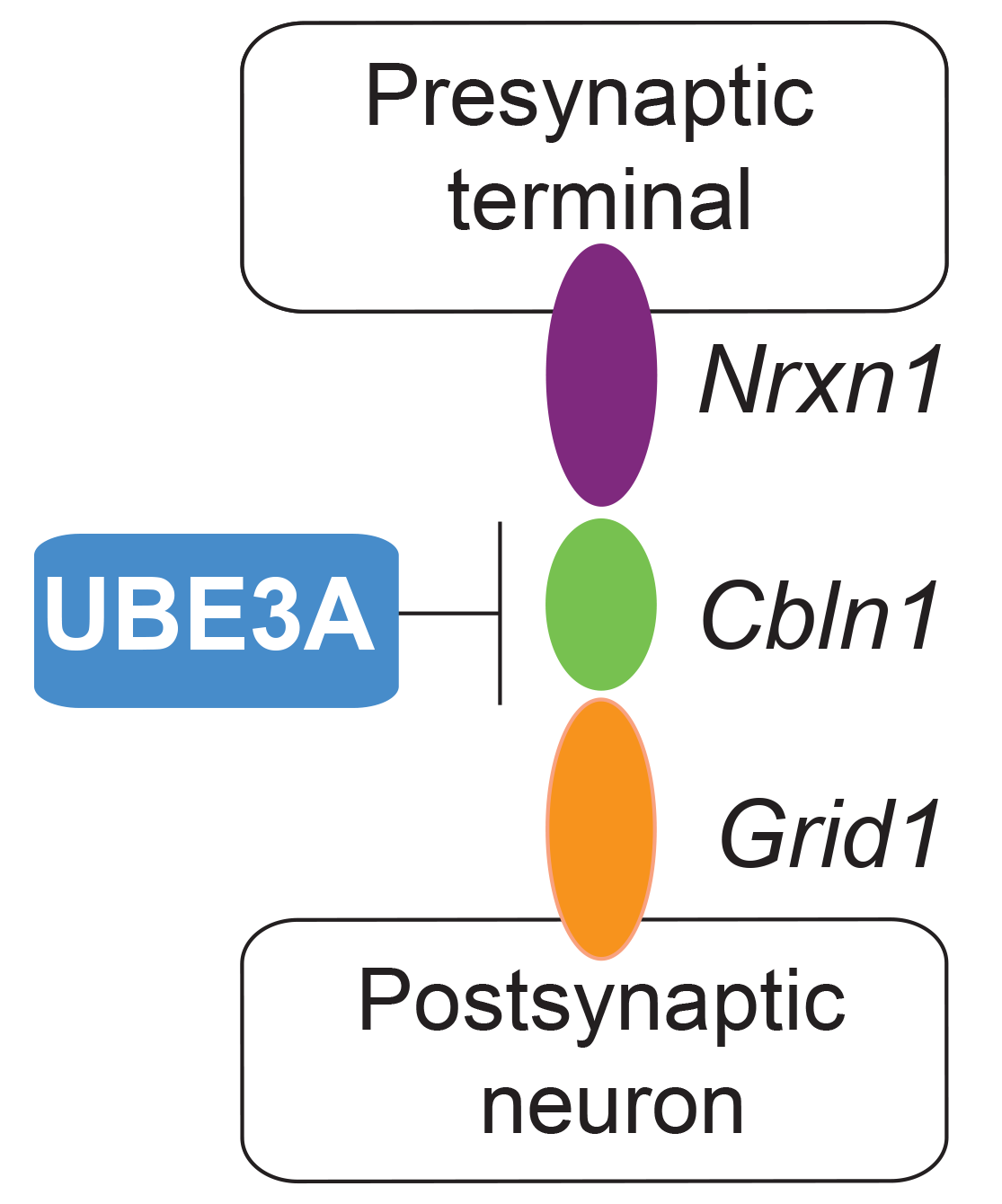You are here
Irritability/Aggression Comorbidity of Genetic Autisms: Circuit Origins and Therapeutic Potentials
Speakers
Abstract
A frequent strongly penetrant genetic form of autism spectrum disorder results when two extra fragments of chromosome 15q11-13 region [called inv dup(15) or idic(15)] are acquired from the mother. Deletions of this same chromosome 15 region, again when from the mothers DNA, causes a neurologic disorder Angelman syndrome characterized by epilepsy, motor deficits, intellectual disability, and an unusual hypersocial personality (opposite the impaired sociability seen in autism). One gene in the 15q11-13 region is imprinted such that all UBE3A expressed in neurons is derived from the mothers DNA. Inactivating mutations in UBE3A from the mother cause Angelman syndrome and duplications encompassing only UBE3A produce behavioral disease. We have shown the maternal deletions of UBE3A that model Angelman syndrome in mice result in hypersociability (Stoppel et al. 2017). We have also shown that adding extra copies of the full-length UBE3A gene are sufficient to generate deficits in mice considered orthologous to those in human autism: deficits in sociability, impaired social vocalizations, and elevated repetitive self-grooming (Smith et al. 2011). Importantly, we subsequently showed the deficit in sociability arises from a loss of UBE3A actions in the neuronal nucleus and identified a major role of the synapse-organizing gene CBLN1, repressed by the elevated UBE3A and by seizures (a common comorbidity in idic(15) and idiopathic autism), in causing this deficit (Krishnan et al. 2017). Individuals with autism spectrum disorder often show comorbid increases of irritability and aggressive self-injurious behavior for which the medication risperidone is prescribed. We found mice with extra UBE3A gene copies display evidence of increased aggression and have used an array of technologies to map the specific circuit and cellular/molecular mechanisms leading to this elevated aggression. Importantly, understanding the circuit defect has also provided potential novel insights into how risperidone might reduce irritability/aggression.


